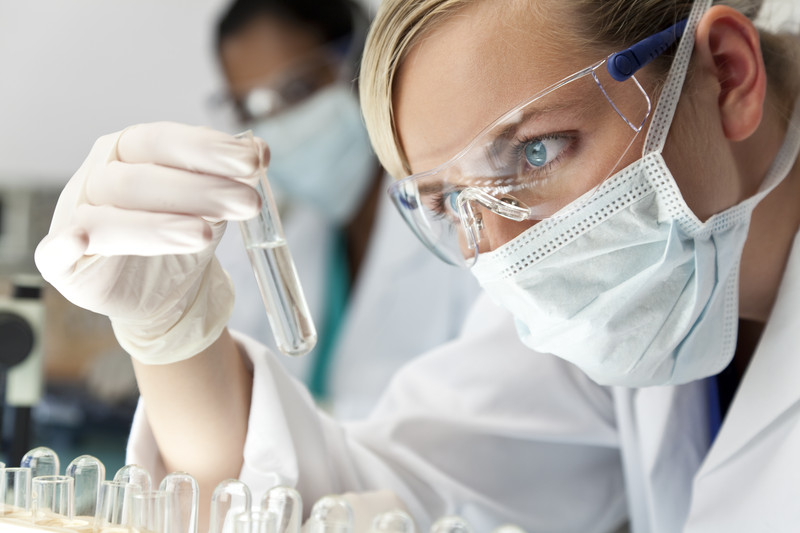5 Strictly Regulated Science Niche Industries

As technology improves at a rapid pace, scientists take advantage of the new tools and information to help people, from preventing disease to determining a baby’s sex. Because science has the ability to create and destroy organisms, many of the top niche industries are strictly regulated. Scientist safety is paramount, but the question of whether some experiments are ethical comes into play as well. Typically, governments regulate these industries through department documentation and observation.

Many of the world’s worst diseases have vaccines because of dedicated microbiologists. As viruses and bacteria continue to evolve, scientists must experiment and actively search for new antibiotics. Working with deadly diseases requires a clean room with proper protective clothing. Strict government regulations stipulate the clothing type and time allowed in the contaminated laboratory. Along with protecting the scientists from infection, strict regulations also hinder widespread disease outbreaks from poor contamination control.
From blood supplies to organ donations, biological transfers must remain sanitized for use at the receiver’s end. The government provides specific rules that biorepository companies must adhere to for biological substance removal, storage and transport. For example, a blood donation must travel in a government-approved bag within a sturdy cooler. Regulated temperatures keep the donation sterile and usable for needy recipients. A poorly transported sample may contaminate the patient’s body and generate more disease or complications.
In the past, unregulated doctors removed portions of the brain as a means to cure patients of mental disorders, including schizophrenia. Strict regulation within this niche science industry allowed doctors to learn more about the brain and produce more effective treatment options. Procedures to drain blood from the brain in cases of hemorrhage are improved, along with technologically-advanced scanning machines to see the brain in action. Mental manipulation is a powerful tool for both biological and social scientists, making this industry strictly regulated to protect patients from unwanted influences.
Medicines regulate your blood pressure and reduce pain, for example. Creating those drugs takes research, testing and implementation. This scientific niche must be regulated because improper drug mixtures quickly kill a test subject. Animals and human volunteers are often used to test a drug’s influence on the body. Government entities like the FDA must adhere to precise rules to keep everyone safe during the experiment. Most drugs are not tested on live subjects until they are close to the final stages of implementation. Scientists must use other experiment strategies, such as mathematical formulas and chemical tests, to verify a drug’s intensity before using it in real trials.
Choosing a baby’s sex or hair color is part of human genetic engineering. This niche is constantly questioned for its ethics because scientists can potentially change almost any aspect of your growing baby’s features. The government experiments mainly with human genes to resolve debilitating diseases, including Down’s Syndrome. These diseases only occur as the baby develops in the womb so technology and scientific observation collide to understand how genetic mutations occur and implement a prevention strategy.
Regulated niche science industries offer the world a reprieve from deadly diseases and everyday pain. Government and specialized departments must maintain precise standards for these important areas to keep employees and local communities safe. Your everyday medicine or next surgery may be based on information found through these niche industries.
